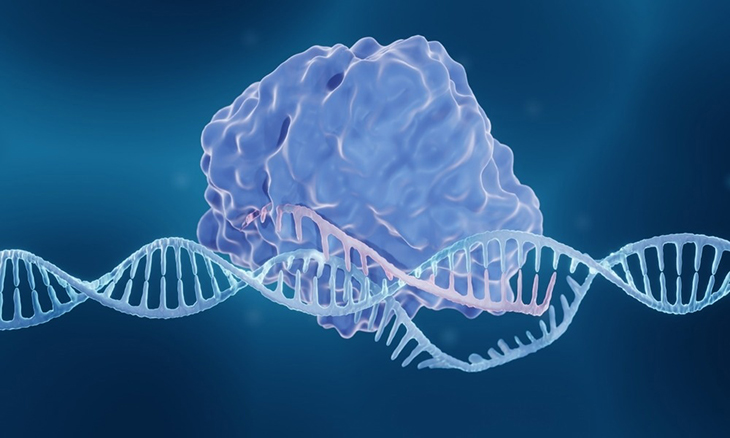
Once again, CRISPR has made significant strides, this time offering a promising single-dose solution for treating a debilitating genetic condition known as hereditary angioedema.
Participants in the initial human trial have reported remarkable enhancements in their well-being and daily life, experiencing a reduction or complete elimination of the agonizing and potentially life-threatening swelling associated with the disorder.
Hereditary angioedema (HAE) is a rare genetic anomaly affecting approximately 1 in 50,000 individuals. It triggers episodes of excruciating swelling due to the leakage of blood vessels. These swelling episodes can manifest unpredictably, occurring as frequently as twice a week and persisting for hours or even days. In severe instances, the swelling may obstruct the throat, necessitating urgent medical attention and hospitalization.
The root cause of HAE lies in a mutation within the C1 inhibitor gene. This gene encodes the regulation of the kallikrein protein, which in turn modulates another protein called bradykinin. Dysregulation of this intricate interplay among these proteins results in the characteristic leakiness of blood vessels seen in HAE patients.
The groundbreaking phase-one human trial, conducted across the UK, Netherlands, and New Zealand, involved administering a dose of nanolipids infused with CRISPR gene-editing technology to ten patients. This Nobel Prize-winning innovation targets the correction of the C1 kallikrein gene, offering a potential remedy for the underlying genetic defect responsible for HAE.
“I’ve had a radical improvement in my physical and mental wellbeing,” a 54-year-old Cleveland, from Suffolk, UK, said. “The randomness, unpredictability, and potential severity of the attacks have made trying to live my life almost impossible. I spent my life constantly wondering if my next attack would be severe.”
Another patient described it acting as sure and thorough as a “medical magic wand,” and described the improvements she has witnessed as having a “whole new life.”
A phase-two trial has concluded, and the authors anticipate compiling the data for publication within the upcoming year.
This development follows shortly after the FDA’s endorsement of a CRISPR-based approach for treating sickle-cell disease, a decision informed by successful trial outcomes affirming its safety and efficacy.
Despite the promising advancements, the cost of these one-time gene therapies is staggering, akin to the price tag of a luxury vehicle. However, given the chronic nature of Hereditary Angioedema (HAE), certain insurance providers may consider covering a portion of the expenses, recognizing the ongoing medical needs associated with the condition.



